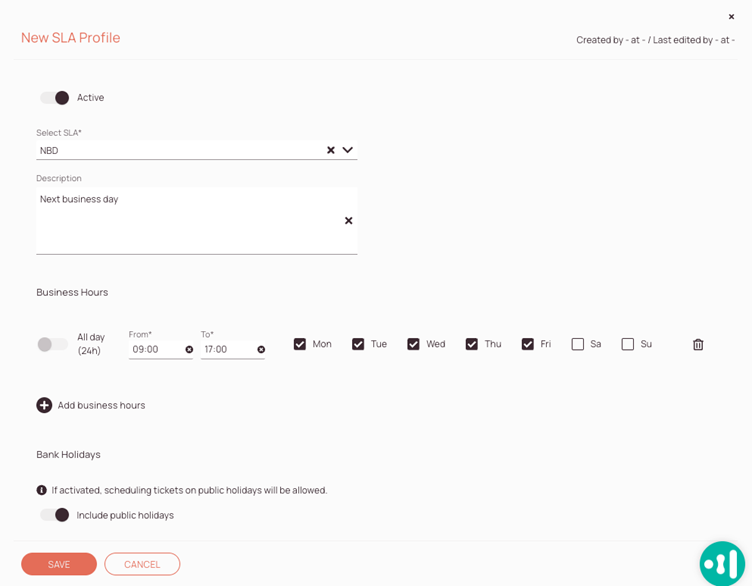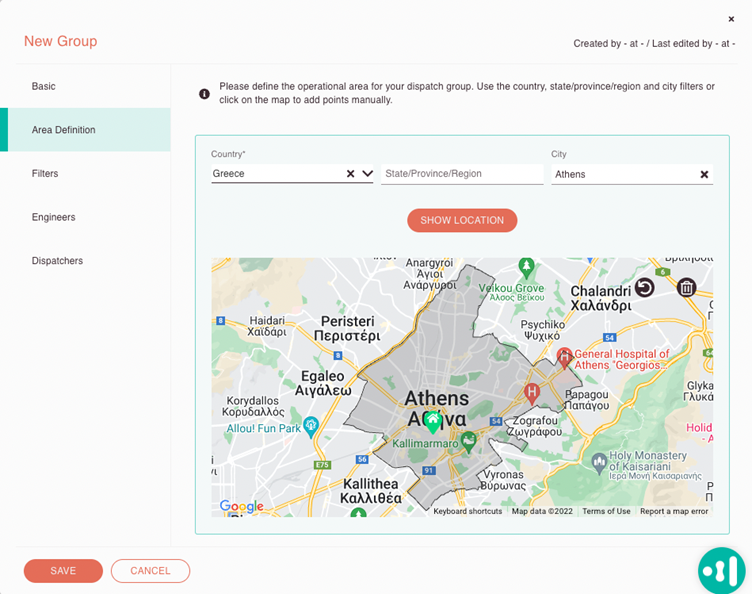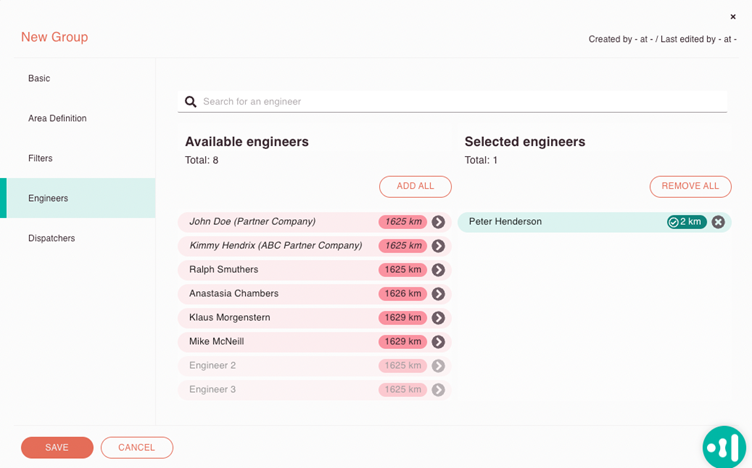Top Fieldcode features for setting up the perfect start to dispatching
Effective dispatching is all about precision, efficiency, and proactive management. A well-organized start to the day can set the tone for smooth operations, ensuring that technicians are effectively deployed, service levels are maintained, and customers are satisfied. In this blog, we’ll explore the essential tasks dispatchers need to consider during the scheduling process and highlight the Fieldcode features that make these tasks easier and more efficient.
1. Managing tickets
The first step in a dispatcher’s day is to capture all tasks, whether it’s routine maintenance, urgent repairs, or new service requests. This process is crucial because it prevents missed tasks, which could lead to unaddressed service requests and potential SLA breaches.
Ticket import feature
Fieldcode’s ticket import feature simplifies this process by enabling you to create detailed tickets or bulk-import them from other platforms. This not only saves time and reduces manual entry errors but also provides a centralized view of all tasks, allowing you to prioritize and assign them more effectively.
2. Assigning the right technician
Some jobs require specific expertise, and assigning these tasks to the right technicians is crucial for ensuring quality service and first-time fixes. This process is essential to prevent errors and ensure that the most qualified technicians handle complex tasks, leading to higher customer satisfaction.
Skill-based assignment feature
Fieldcode’s skill-based assignment feature allows you to tag technicians with their relevant skills and certifications. The system automatically matches service requests with the most qualified technicians, ensuring the right expert is always assigned to the right job.
3. Prioritizing service deadlines
Meeting Service Level Agreement (SLA) deadlines is critical to avoiding penalties and maintaining your company’s reputation. Prioritizing tasks based on their Latest Service Delivery Time (LSDT) is essential to staying compliant and ensuring timely service.
Time window parameters feature
Fieldcode’s time window parameters feature allows you to control when tasks are scheduled by using key settings like SLA profiles, LSDT, and Earliest Service Delivery Time (ESDT). This feature ensures that tasks are completed within the required time frames, preventing scheduling outside of specified windows and helping you meet critical deadlines. In addition, the system provides real-time alerts as deadlines approach, enabling you to make necessary schedule adjustments to meet critical timelines.

4. Organizing engineers by location or customer base
Organizing engineers by geographical area or customer base for larger teams makes dispatching more efficient. This approach reduces travel time, ensures faster response times, and assigns the most familiar technician to the job.
Timeline and grouping feature
Fieldcode’s timeline and grouping feature allows you to organize engineers into subgroups on the timeline by city, province, or customer base. This setup streamlines dispatching, ensuring that the right technician is always available for the right job. The system also shows the distance of each technician from their designated zone, making it easier to select the best match for each task.


5. Managing absence and on-call duty
Effectively managing team availability is essential, especially when handling unexpected absences or urgent tasks. Without a clear view of who’s available, you risk delays and unassigned tasks, which can impact service quality and customer satisfaction.
Absence and on-call duty management feature
Fieldcode’s absence and on-call duty management features give you real-time visibility into your team’s availability. You can easily schedule and track absences, set up on-call duty rosters, and quickly adjust assignments when unexpected situations arise. This proactive approach ensures that you always have the right coverage, preventing disruptions and keeping your operations running smoothly.
6. Logistics and spare part management
Managing spare parts logistics is critical for ensuring that field service jobs are completed efficiently and on time. Having the right parts available at the right moment is key to successful interventions, minimizing downtime, and conserving resources.
PUDO appointments feature
Fieldcode’s PUDO (Pick Up Drop Off) appointments feature integrates seamlessly into the scheduling process, especially when coordinating with delivery partners. It allows engineers to pick up necessary parts at convenient times and locations, based on optimized routes and customer preferences. By scheduling part pickups alongside customer appointments, job delays, and unnecessary travel are reduced, and technicians stay on schedule. Dispatchers receive real-time updates on PUDO appointments, providing visibility into operations and enabling adjustments as needed. This efficient coordination ensures that technicians have the parts they need when they need them, leading to smoother and more timely job completions.
7. Scheduling
Efficient scheduling can greatly reduce manual workload and improve overall operational efficiency. Depending on your needs, you might want to fully automate the scheduling process or retain some control by reviewing system suggestions.
Automated scheduling feature
Fieldcode offers two scheduling options: zero-touch scheduling, which automates the entire scheduling and dispatch process without requiring manual intervention, and semi-automated scheduling, which provides system-generated suggestions for your review.
The zero-touch option leverages real-time data to automatically optimize task assignments, route planning, and resource utilization. In contrast, the semi-automated approach gives you the final decision, offering optimal suggestions based on predefined criteria like ticket location, customer availability, and engineer skills.
Conclusion
Effective dispatching is the backbone of successful field service operations. Leveraging Fieldcode’s powerful features streamlines processes reduces operational inefficiencies, and ensures timely, high-quality service delivery.
With over 20 years of experience, Fieldcode continues to equip the field service industry with essential tools that optimize every aspect of the dispatching process. This commitment enhances customer satisfaction and helps maintain a strong reputation for reliability.
To discover 5 tips to master field service scheduling, check out this blog.
Ready to see how our advanced field service management solutions can transform your dispatching experience? Request a demo today.



